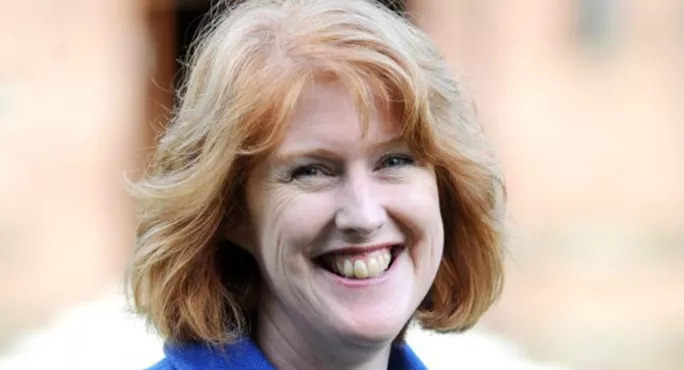Affluent parents can help improve social mobility by sending their children to private school, according to the new head of the Girls’ Schools Association (GSA).
Sue Hincks has pledged to make improving the prospects for disadvantaged pupils a key focus of her year as president of the body, which represents all-girls independent schools.
She is also headteacher of the girls’ division of Bolton School, a large northern private school where one in five students receive financial support with fees.
She compares that figure to UK grammar schools where, according to a government report last year, only 3 per cent of pupils are eligible for free school meals.
“When I interview for places at Bolton, I am often interviewing girls who have also got places at grammar schools and whose parents could afford to send their children here,” Ms Hincks told Tes.
“And I do sometimes think, ‘Well, actually, why don’t you just pay for them to come here and let someone who can’t afford it go to the grammar school?’
“It doesn’t seem to me to be very useful in terms of social mobility that parents who could pay don’t pay - they maybe move into another area or maybe they take an out-of-area place.”
Her comments echo Mike Buchanan, the head of the HMC, who this month argued private schools’ bursary schemes are “socialism in action”.
Ms Hincks, who takes over her new role in the GSA in January, said the UK education system is riven with inequalities beyond the classic state/private school split.
“There are all sorts of unfair methods built into the system, even in terms of the state sector,” she said.
“That can be based on where you live, and can be based on the quality of the school that you have locally, and it can be based on the type of school that you have locally.”
She pointed to Birmingham, where middle-class parents are protesting against plans by six local grammar schools to allow more poor local pupils in.
Nearly 3,000 people have signed a petition against plans to admit children from disadvantaged backgrounds who live nearby but have slightly lower test scores.
“People are saying ‘well, that’s not fair’. And you’re thinking, ‘well, it is fair if the grammar school agenda is to advance social mobility’,” she said.
Expanding the grammar school system has been a flagship government policy since Theresa May became prime minister, with the stipulation they take on more disadvantaged pupils.
But critics have warned that increasing the number of selective places will, in fact, be bad for social mobility.
Ms Hincks, who went to a grammar school which became a comprehensive, said it was “very sad” the ideals of schools that cater for all were being lost.
And she warned against treating education like a “political football,” arguing that more needs to be done to overcome segregation in the sector.
“We don’t detract from other types of schools. We don’t cream people off. We make sure that we work in tandem with our local schools,” she said, referring to Bolton School.
“We have to see education as much wider than just a segregated entity, and move on from that history and all work towards the same aims.”




